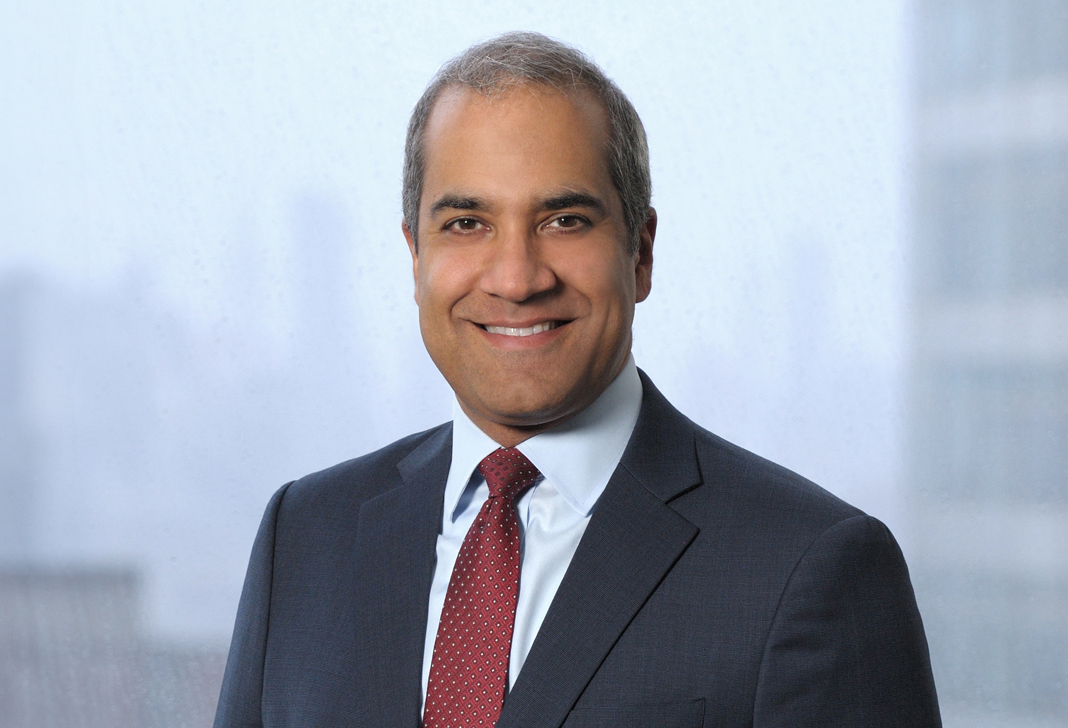
Eighth Circuit Requires But-For Causation for False Claims Act Suits Alleging Kickbacks
In Short
The Situation: Under 42 U.S.C. § 1320a-7b(g), a claim that "includes items or services resulting from a violation" of the Anti-Kickback Statute ("AKS") is a false claim for purposes of the False Claims Act ("FCA"). This provision is typically central to FCA suits that allege AKS violations—a theory of liability that health care providers know all too well.
The Result: In U.S. ex rel. Cairns v. D.S. Medical LLC, the Eighth Circuit held that § 1320a-7b(g) requires establishing but-for causation—namely, that a claim would not have included the items or services at issue absent the illegal kickbacks.
Looking Ahead: The Eighth Circuit's decision marks the first time a federal appellate court has construed § 1320a-7b(g) to require but-for causation and will prove helpful to defendants in AKS-based FCA suits. But other courts, including the Third Circuit, have understood § 1320a-7b(g) differently, to require only a "link" between the kickback and the claim. This issue is likely to be the subject of future litigation.
Although any knowingly false claims for government payment can violate the False Claims Act ("FCA"), a particularly common theory of FCA liability in the health care and life sciences industries is that claims are false because of an Anti-Kickback Statute ("AKS") violation. The AKS prohibits, in relevant part, providing "any remuneration (including any kickback, bribe, or rebate) directly or indirectly, overtly or covertly, in cash or in kind" in order to induce the order or referral of items or services paid by a federal health care program, such as Medicare or Medicaid. In 2010, after courts disagreed over when and how AKS violations could lead to FCA liability, Congress enacted § 1320a-7b(g), which specifies that a claim that "includes items or services resulting from an [AKS] violation" is a false claim under the FCA.
Since that amendment, courts have been wrestling with the meaning of the phrase "resulting from" and, in particular, whether it requires a but-for causal connection (or something lesser) between the kickback and the item or service included in a claim. Some courts, including the U.S. Court of Appeals for the Third Circuit, have held that but-for causation is not required. But these decisions have drawn criticism, and the Eighth Circuit squarely rejected their approach in Cairns and held that but-for causation must be shown under § 1320a-7b(g). Marking the first time an appellate court has expressly required that a plaintiff must prove under § 1320a-7b(g) that a kickback was the but-for cause of a claim, Cairns should prove helpful on this critical issue to FCA defendants accused of AKS violations.
Cairns specifically vacated a jury verdict against four defendants accused of submitting false claims tainted by AKS violations. The district court had instructed the jury that the government—which had intervened in the case—could establish falsity by proving "that the [Medicare or Medicaid] claim failed to disclose the [AKS] violation." But the Eighth Circuit held that these instructions were improper because they did not direct the jury to find a causal relationship between the AKS violation and the purportedly false claim. Reversing and remanding for a new trial, the Eighth Circuit held that the "resulting from" language in the statute imposes a "but-for causal requirement between an anti-kickback violation and the 'items or services' included in the claim." As a result, a party relying on that statutory provision to allege false claims must prove that the claims "would not have included particular 'items or services' absent the illegal kickbacks."
The Eighth Circuit explained that the "ordinary meaning" of the statutory phrase "resulting from" connotes a "but-for causal relationship." The court cited several dictionary definitions in support of this and, further, relied on the Supreme Court's 2014 decision in Burrage v. United States, which construed "nearly identical" language in the Controlled Substances Act to require but-for causation. The Eighth Circuit also reasoned that the common-law "background" rule of but-for causation presumptively applies unless Congress says otherwise. Finding "nothing in the [statutory] text" to suggest a different test, the Eighth Circuit "follow[ed] Burrage's example" requiring but-for cause.
In so concluding, the Eighth Circuit rejected several proposed "alternative standards" falling short of but-for causation. Those included the government's theory that any claims "tainted by" or "provided in violation of" the AKS should be treated as false under the FCA. The Eighth Circuit also expressly disagreed with the Third Circuit's decision in U.S. ex rel. Greenfield v. MedCo Health Sols., Inc., which held that only a "link" between the kickback and the claim was sufficient without need to show but-for causation. That conclusion, the Eighth Circuit said, improperly relied on "legislative history" and "the drafter's intentions" in disregard of the statute's plain-text meaning.
The Eighth Circuit's decision in Cairns should prove helpful for defendants in AKS-based FCA suits, particularly because it explicitly and cogently rejects Greenfield's more relaxed standard. Because of the split in authority, this issue will likely continue to be actively disputed and warrants close attention from litigants.
Two Key Takeaways
- The Eighth Circuit's decision in Cairns is significant for adopting a but-for causation standard in AKS-based FCA suits alleging false claims under § 1320a-7b(g).
- The Eighth Circuit's but-for causation requirement—rooted in the plain language of the relevant statutory provision—explicitly rejects a prior Third Circuit ruling that relied on the provision's legislative history and purpose to adopt a more relaxed "link" standard, and should thus prove helpful to defendants in FCA suits alleging AKS violations.




